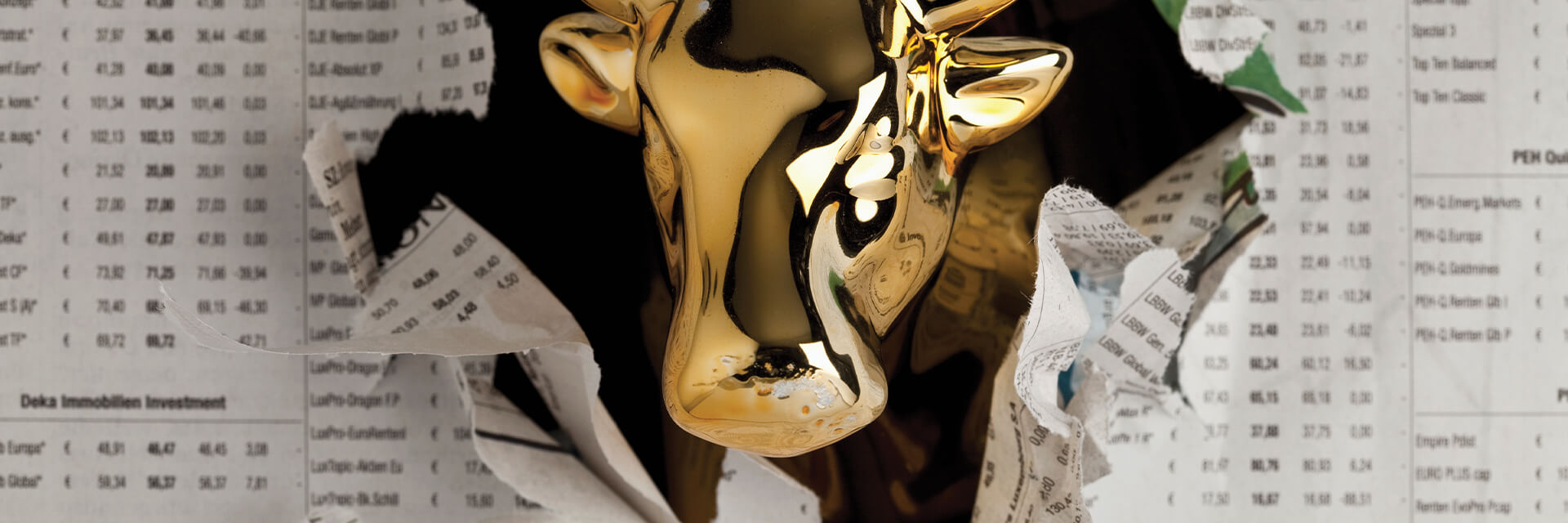
Trends Watch: September 27, 2018
- Published
- Sep 27, 2018
- Share
EisnerAmper’s Trends Watch is a weekly entry to our Alternative Investments Intelligence blog, featuring the views and insights of executives from alternative investment firms. If you’re interested in being featured, please contact Elana Margulies-Snyderman.
This week, Elana talks with David Eigen, Managing Member, P5 Health Ventures.
What is your outlook for venture capital?
Right now, all asset management seems to be on a collision course between all asset management and, in the future, the more successful firms will run the gamut from venture capital to public markets. Venture capital and private equity will continue to grow indefinitely due to public markets indexing; and trading has competed away returns so controlled situations are a way to generate larger returns. Early stage venture is shifting, with everything from the increasing number of Kickstarter campaigns, anticipated changes in laws around early stage investing, and the growth of angel groups.
I believe that venture is due for a shakeout since valuations for many startups are well above fair value. We are also in a nine-year upcycle. A lot of venture money is locked up in funds but the money is being concentrated in the larger funds, which has opened early stage investing in some ways more so than before since more firms keep chasing larger investments, which translates into later rounds. I also see in venture that the earlier stage firms need to offer a hybrid approach of co-investing and direct investment, which would allow general partners to lower their management fee because a lot of family offices want direct investing.
What is your outlook for the economy?
It’s a little bit of a double-edged sword due to deregulation, which is a huge bonus, along with the relaxation of tax laws on foreign money, which is very helpful, as well as the lowering of corporate tax, which also is helpful for businesses. The overhang on every economy, however, is the amount of debt used to create it, which to me means we are more fragile than we think. This means the economy can go on for years but history and reality are sprinkled with exogenous and endogenous events that can pull back the economy. It is hard to know, in a high deficit and high debt world, what seemingly can spark a series of actions that can cascade quickly. Even though the economy is good in the U.S., emerging markets seem to be slowing down and many of their stock markets are in bear market territory. Further, there seems to be much geopolitical risk -- and to reiterate, this global debt build-up. Due to these structural problems, there is a lot of risk there. If things turn and the perspective turns, it could cascade out of control.
What keeps you up at night?
There are two things: broader political and economic concerns, and our direct investment world. In the former, a geopolitical event could set off a series of reactions that in turn creates a pullback in risk and the broader economy. For our business as a venture capital investor: In each company, we do a lot of work upfront and typically know the competitive landscape, but there are always unforeseen events or what others might deem known unknowns. Of late, we have become increasingly more rigorous in our focus on the structure, management and discipline of boards as well as the consistent caliber of the hiring at our companies. In the rapidly growing and value-taking area of health care in which we invest, it really is about execution.
What's on Your Mind?
Start a conversation with Elana
Receive the latest business insights, analysis, and perspectives from EisnerAmper professionals.












